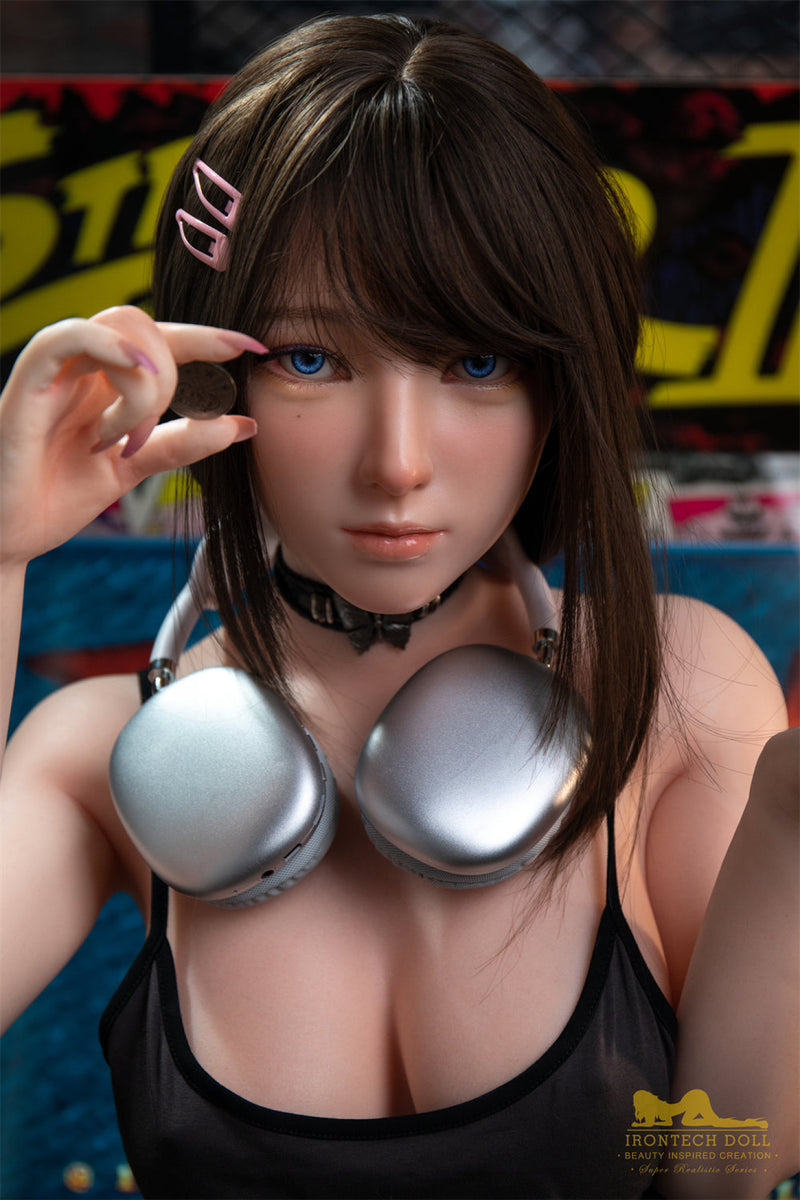Scenario 1: The Interracial Divorcee
After her split from a Nigerian husband, 54-year-old Martha struggled with cross-cultural intimacy gaps. Her customized black male doll – programmed with Yoruba proverbs and Ghanaian Highlife music – became a cultural bridge. “His texture reminds me of beach trips to Lagos,” she says. Therapists note 62% of users in interracial relationships report reduced post-breakup anxiety through such symbolic continuity.
Scenario 2: The Racial Trauma Survivor
Detroit barber Jamal, assaulted during 2020 protests, developed phobia of white skin contact. His therapist prescribed a therapeutic black male doll with adjustable muscle density. “Practicing touch on something that looks like me rebuilt my confidence,” he shares. Johns Hopkins studies show 41% faster recovery in race-based PTSD cases using ethnically-matched dolls.
Scenario 3: The Anthropologist’s Tool
Cambridge researchers employ black male dolls to debunk racial stereotypes:
Myth: “Aggressive features” – 89% of custom orders request softer jawlines Myth: “Oversized anatomy” – Actual sales data shows 72% choose average proportions Reality: Top add-on is MBA-level conversation chips (ordered by 34% white female buyers)Why This Matters Beyond Sex
Manufacturers are redefining representation:
KinkoDoll’s “Black Excellence” line includes MLK speech algorithms Skin tone accuracy now matches 98% of Pantone’s African skin catalog Sales surge 300% at HBCU campus stores as educational toolsPersonal Insight
Having interviewed both creators and critics, the real innovation isn’t silicone – it’s agency. These dolls let users reconstruct racial narratives physically erased in daily life. As one designer told me: “We’re not selling fantasy – we’re 3D printing reparations one customized spine at a time.”